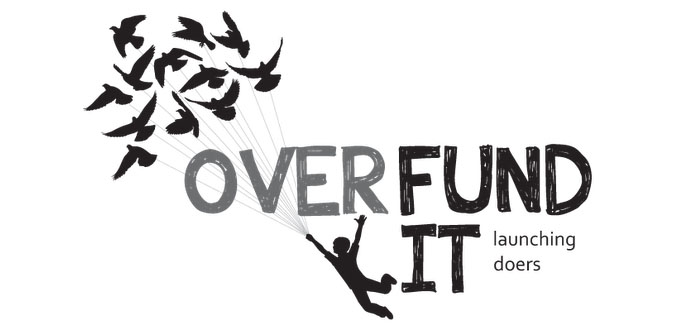
Think about a project you’ve been working on. Something steeped in technical minutiae. Something you’ve been working on for years. Something you want to tell the world about. Now, try to explain that project to the person sitting next to you on the bus. Would she be able to understand what you’re talking about?
Working in the hard sciences — such as math, science, and engineering — often has little to do with language and communication. In the lab, when you only need to make sure your team understands you, communication skills don’t matter as much. You all speak the same language. But once you attempt to share your amazing ideas with the world, solid communication skills become absolutely vital.
Trying to explain your work using the same jargon used in your research and development will only lead to confusion and a lack of trust from mainstream audiences. Unless your audience is in the lab or at the drawing board, they usually won’t have a clue that the idea you are trying to communicate could actually be useful and important to them.
Why It Matters
Innovation is only innovative if it can be used. People need to have a use for new discoveries — a discovery that is unused or underused is a discovery without meaning. As an innovator or discoverer, you must show your audience how and why we should care about your developments as much as you do.
People have to find an emotional connection to your work. Explain the potential of your research, ideas, advancements, and discoveries in a way that the non-technical folks can understand. Once we get it, we’ll be able to catch onto your passion, understand the implications of your discovery, and spread the word about your wonderful innovations to the world.
3 Tips for More Effective Communication
1. Think of yourself as a translator. People react better when you can break down difficult concepts into everyday language. You wouldn’t explain physics formulae to a kindergartener who is just learning to ride a bike — you’d tell her to pedal faster to stay upright. This doesn’t mean you’re dumbing down your message. It just means that you are translating complex concepts into descriptions that individuals can easily utilize.
2. Use examples, stories, and analogies to help us make sense of your assertions. For example, I wrote a historical novel about Fanny Fern, the highest paid and most popular writer of the 19th century. Most people still don’t understand why I think it’s such a shame no one has heard of her — but when I explain that she was the Oprah of the 19thcentury, it clicks. You can do that too. Tell us a story about the concept you’re trying to explain by using analogies and metaphors. People connect ideas and concepts through stories, and by using this communication skill, you’ll give your audience a quick tool to be able to relate — and your ideas will quickly click with your audience.
3. Explain to us whywe should care about your latest research. If you say you’re researching the quantum nano receptor of basic blogagistic cells, we’ll likely stare at you like cows chewing cud. But if you say you’re discovering safe and reliable treatments to cure AIDS, we’ll get it. Tell us what your work will mean to us, and how it will impact the world.
Bridging Barriers
Think of yourself as a teacher instead of a scientist. You need to realize you’re not talking with your colleagues anymore, and while a complex technical term may be more accurate, it’s not going to get your message across in a meaningful way.
This is easier to do than you think. You’ve instinctively taught people your whole life — students, younger scientists, and siblings. Maybe you’ve even taught your own children to understand the world around them. How did you explain things to them? Apply the same methods to explaining your work to the general public.
The number one question of curious children is “why”? Answer that question a lot!
Start In College
One way to ensure you have the skill to communicate effectively is with a broad, liberal arts background. This will make sure you know how to write papers, give presentations, think critically, and analyze theories from a wide range of disciplines. It will give you a breadth of knowledge from which to pull analogies and examples, and it will help you to explain relationships to your own work.
You can master an incredible amount of technical information from science classes, but you won’t necessarily learn how to interact in collaborative situations or how to formulate and communicate rhetoric logically. These skills can be learned, along with problem solving capabilities and creative thinking, through the liberal arts. Employers want team members who can communicate effectively and explain how and why their findings are important. Research and development are vital to the continued progress of humanity. But, it’s the ability to sell innovations to the public that will ultimately make science, and you, successful.
About The Author
 Debra Brenegan is the author of ‘Shame The Devil’, a historical account of nineteenth-century American writer Fanny Fern. Debra is also an English and Women’s Studies professor at Westminster College in Fulton, Missouri
Debra Brenegan is the author of ‘Shame The Devil’, a historical account of nineteenth-century American writer Fanny Fern. Debra is also an English and Women’s Studies professor at Westminster College in Fulton, Missouri









